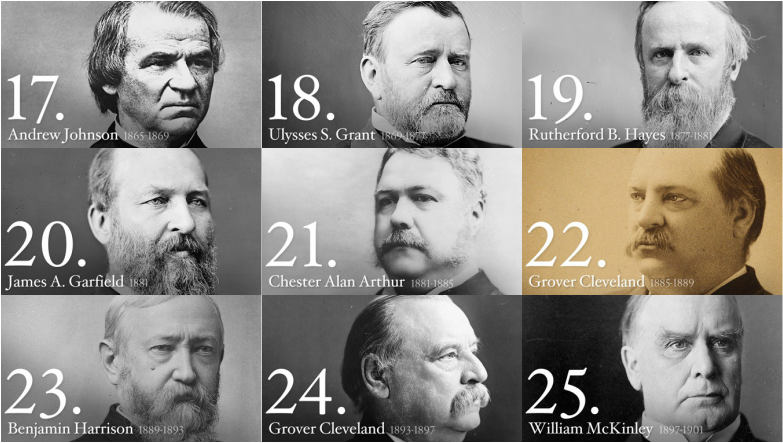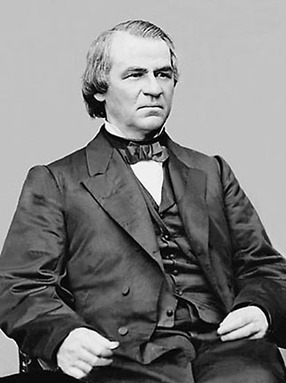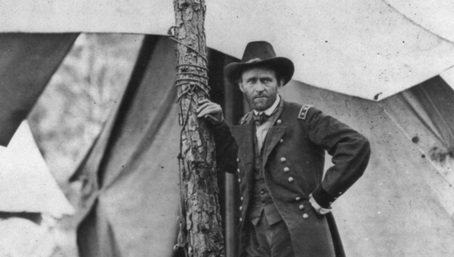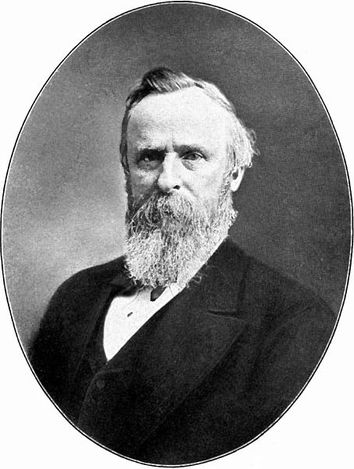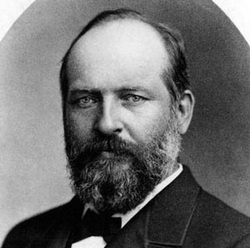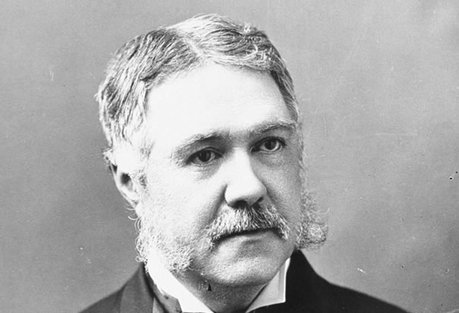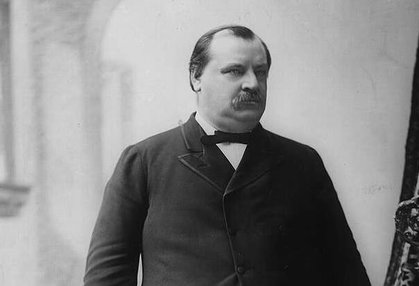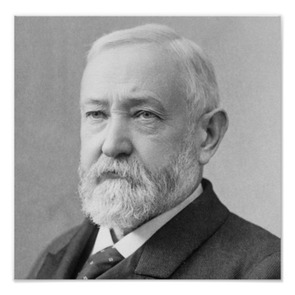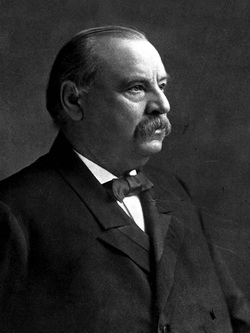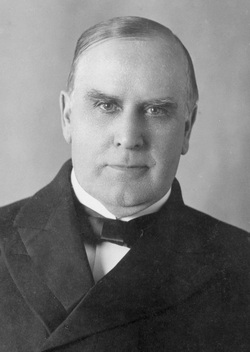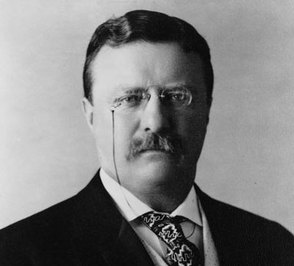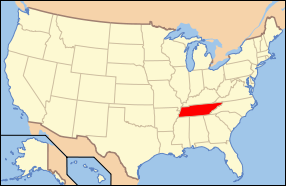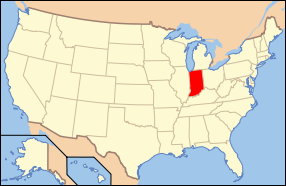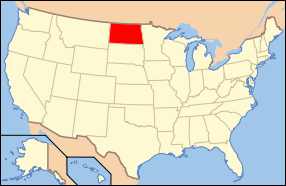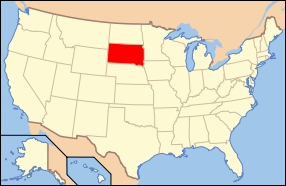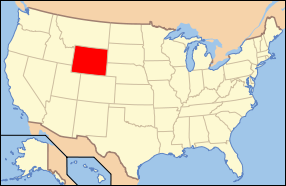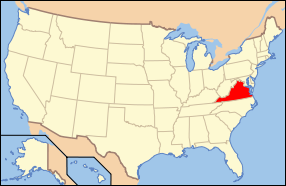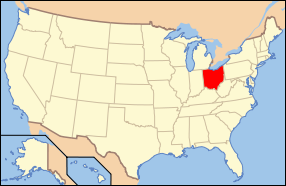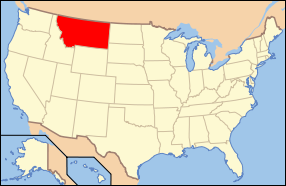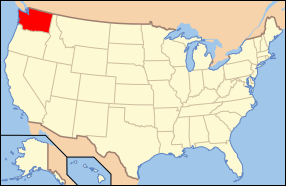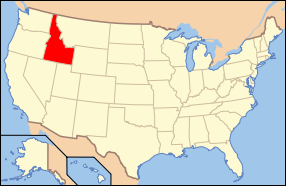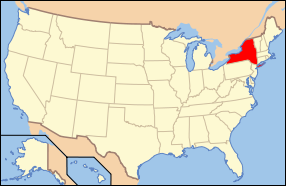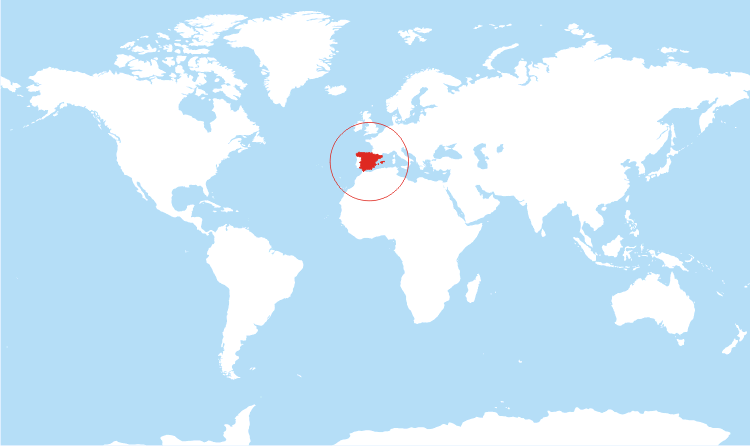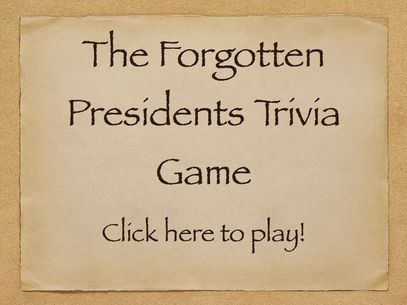Focus Activity - Determining a Purpose for Reading
Lesson Outcomes

Outcomes are what you (the student) will be able to do after the lesson is over.
1. I can explain why the Gilded Age Presidents are called, "The Forgotten Presidents."
2. I can list the positives and negatives that each Gilded Age president had on the U.S. during his presidency.
3. I can judge whether or not each Gilded Age President was a positive influence on the U.S. or a negative influence on the U.S. during the Gilded Age.
1. I can explain why the Gilded Age Presidents are called, "The Forgotten Presidents."
2. I can list the positives and negatives that each Gilded Age president had on the U.S. during his presidency.
3. I can judge whether or not each Gilded Age President was a positive influence on the U.S. or a negative influence on the U.S. during the Gilded Age.
Teaching Activity - Guided Reading
Individual Activity - Rating Reflection
Forgotten Presidents Trivia Game
Make sure you play the Trivia game before October 18th with a 100% for your pass off grade for Module 9.


